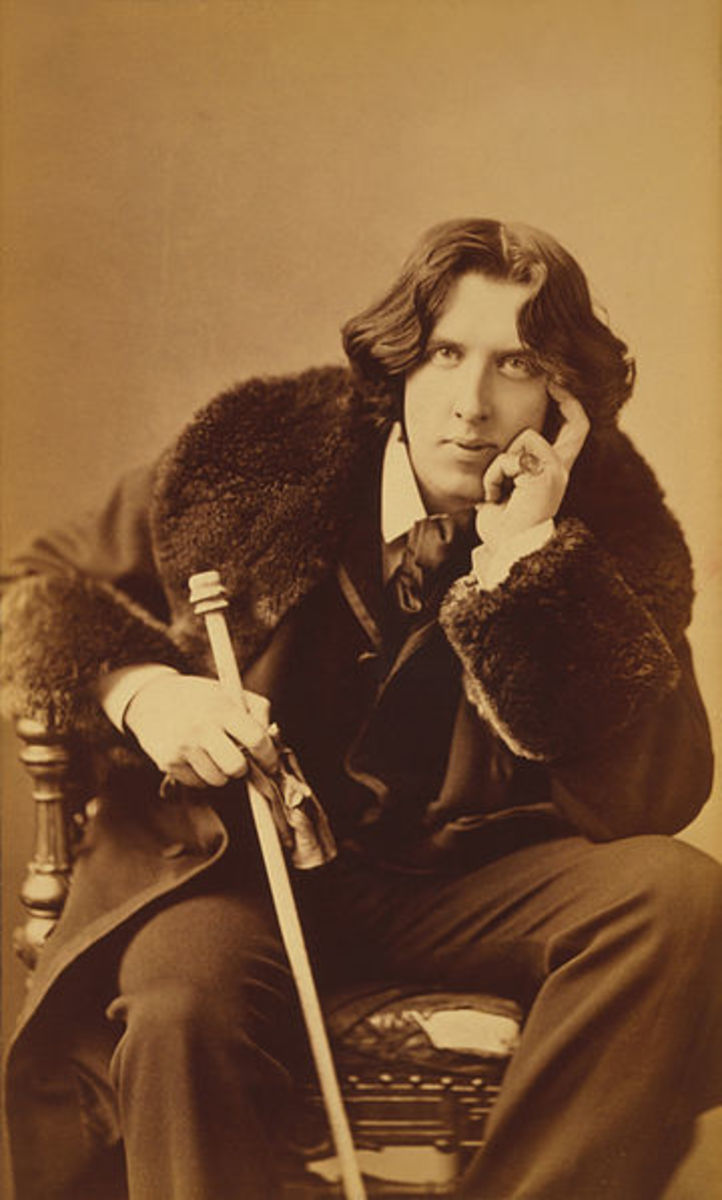Hoffmann's "The Sandman" - Dawn of Insanity (brief response and analysis)
Note on future changes:
I will be revisiting this article, as well as the article on Goethe in order to appropriate the content to objective standards. This article is literally a copy/paste from a reading response that I had done, and so it is limited as my personal reflection. There is certainly some merit to reading this article, but be advised that I plan to clean up any subjectivity, and add further analysis, with citation, and possibly a brief summary.
Thanks,
HeavyDosage

Journal de Bord #2
One thing that really caught my interest, after having read The Sandman, was the eerie sense of madness that overcomes the protagonist. Nathaniel’s sort of Jekyll-Hyde persona is both scary and fascinating all at once. One moment he is completely composed and normal, and then, as it is described in the last moments of the novel:
“…a convulsive thrill shot through his pulse and veins; pale as a corps, he fixed his staring eyes upon her; but soon they began to roll, and a fiery current flashed and sparkled in them, and he yelled fearfully, like a hunted animal.”
Here we see Hoffmann’s intimate portrayal of Nathaniel’s descent into madness. The details of his feelings of change are so incredibly intimate, that it’s frightening. I imagine myself at times when I am suddenly overcome by a feeling of joy or dread when some powerful stimulus affects me. I can think on how I’m unable to hold back the sensation, like some giant wave of water crashing over rocks, washing all sense away. I see a similarity in these feelings and the madness that comes over Nathaniel. However, there is a strong difference, in that this feeling that Nathaniel has takes him over completely, and while he knows that this change is occurring, what sanity is left him is driven out by the dark and mysterious craze that overwhelms him. It’s not just that his Jekyll side becomes Hyde, but that he knows what is happening, as it’s happening, and he is frightened and powerless in stopping it.
Coppelius is another part of the story that fascinates me. There was talk in class about how he might be (some symbolism for) Satan, or some strange magic, if even he is real. Personally, it struck me that Hoffmann’s Coppelius was never meant to strike chords on religion and mysticism, but that it was almost entirely based on this one character’s struggle against losing his sanity. I believe that Nathaniel’s seeing and hearing Coppelius isn’t a thing what drives him crazy, but is actually just a symbolism of his instability. Coppelius isn’t real, but is instead a sign of Nathaniel’s going mad. Nathaniel doesn’t want to rid himself of this horrible man that did him such harm, so much as he wants to cure himself. Evidence of Coppelius’ being in Nathaniel’s head would be how his voice is heard even when Nathaniel is talking to a completely different person (Coppola), and how, at the end, Coppelius disappears not into the crowd, but “when Nathaniel lay with a broken head, Coppelius had disappeared in the crush and confusion.” Coppelius isn’t leaving the physical scene of the crowd, but the cognitive scene of Nathaniel’s mind. There is no doubt that Hoffmann left some intentional mystery and ambiguity as to the matter of whether or not the antagonist was ever real.



